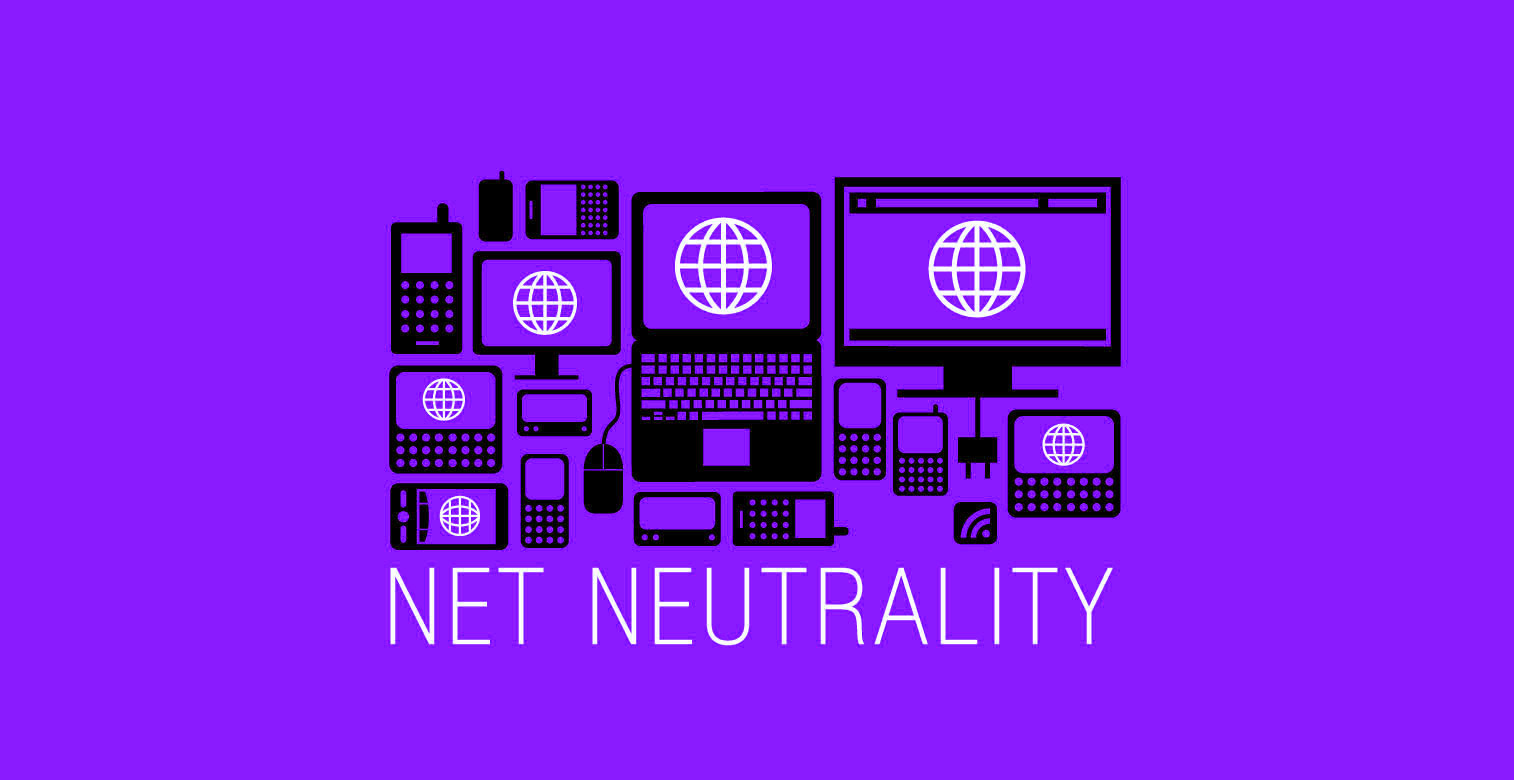Lawmakers in lands like New York, Washington, and Massachusetts have introduced bills in recent weeks to support the principles of net neutrality, which are expected to keep the internet open.
This week, California legislators understood suit by proposing two separate bills to secure net neutrality protections.
“We won’t let the Trump-led FCC destroy our right to a free and open internet,” Senator Scott Wiener, a Democrat representing San Francisco, said in a declaration introducing one of the bills. “We won’t let them formulate a system where internet providers can favor websites and settings based on who pays more money.”
The net neutrality rules, first accepted by the FCC in 2015, require internet service providers like Comcast (CCZ) and Verizon (VZ) to treat all online content the equivalent. Providers are barred from deliberately promoting up or slowing down traffic from specific websites, and from planting their own content at an advantage over rivals.
The FCC’s decision to overthrow these protections has been championed by the telecom industry, but widely censured by technology companies and customer advocacy groups.
Given the broad dissatisfaction for the repeal, particularly in blue states, lawmakers may find friction with the bills to preserve net neutrality. If successful, nevertheless, this local legislation could hit a legal wall.
A spokeswoman for the FCC directed CNNMoney to a region of the final order for net neutrality, in which the FCC asserts influence to prevent states from continuing laws inconsistent with the net neutrality repeal.
“We conclude that we should train our authority to obtain any state or local obligations that are inconsistent with the federal deregulatory approach we adopt today,” according to the final order.
In the section, the FCC also emphasizes that the burden won on internet service providers by attacking them to “comply with a confusion of separate and potentially conflicting elements” across the country.
Take your time to comment on this article.

